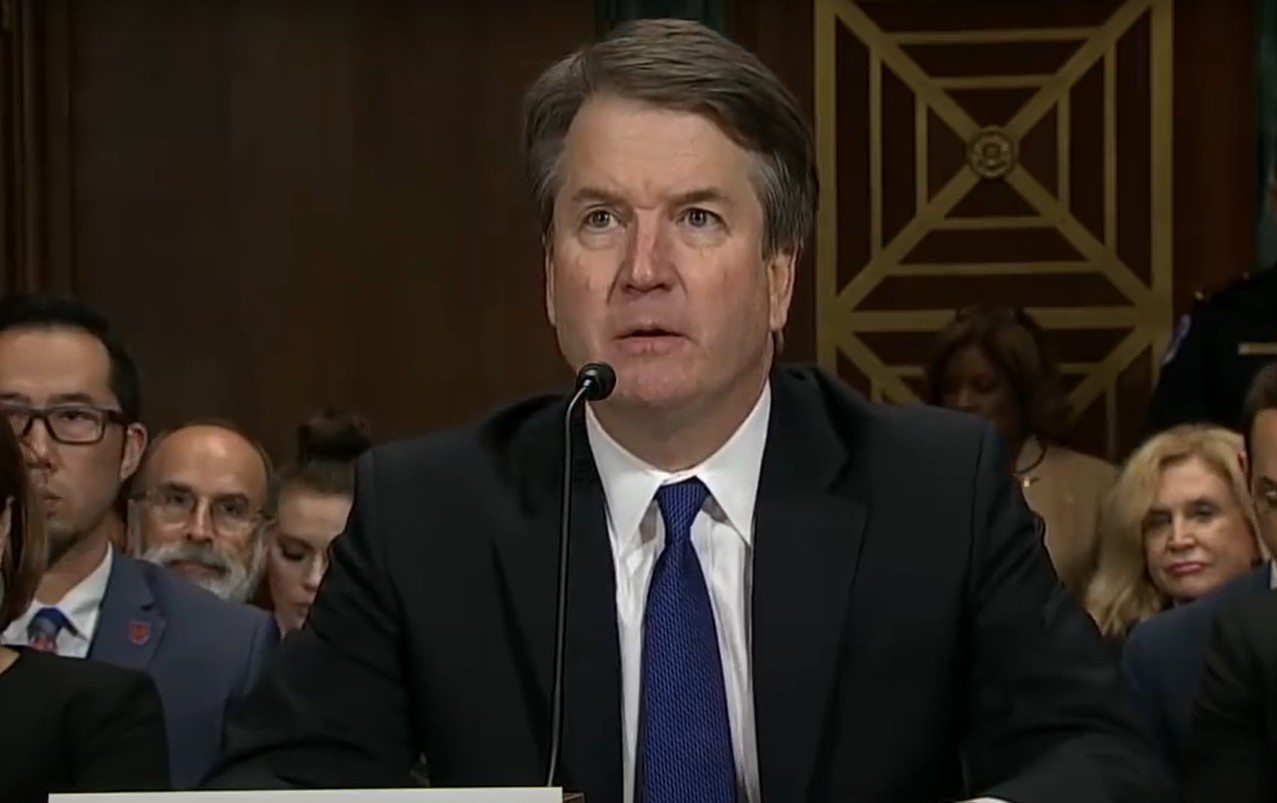Evidence has been accumulating regarding the involvement of individuals identifying as transgender in violent acts. Recent incidents highlight this trend, including the alleged assassination attempt on conservative commentator Charlie Kirk. The accused shooter, a gay male who claimed to be transgender, reportedly acted out of ideological motivations linked to transgender issues.
Explainer Charlie Kirk Overview
Just weeks prior to Kirk's shooting, another individual identifying as transgender opened fire at Annunciation Catholic School in Minneapolis, Minnesota, targeting a congregation of children. This incident follows a similar pattern observed in a school shooting in Nashville, Tennessee, earlier this year.
The frequency of violent crimes committed by those identifying as transgender raises concerns among some commentators. John Daniel Davidson, a colleague at The Federalist, suggested that the phenomenon could be likened to a terrorist organization, drawing parallels to groups like Al Qaeda or ISIS.
Further complicating the narrative is the case of Nicholas Roske, who attempted to assassinate Supreme Court Justice Brett Kavanaugh. Roske, who now identifies as a female named Sophie, was apprehended outside Kavanaugh's residence with weapons and burglary tools. Legal representatives for Roske have indicated they will use the name Sophie and refer to Roske with female pronouns, citing respect for the individual's identity.
Prosecutors allege that Roske meticulously planned the assassination, targeting multiple Supreme Court justices and conducting extensive research on their whereabouts. The U.S. attorney's office described Roske's actions as an attempt to alter the constitutional order for ideological purposes.
In light of these events, the Trump administration is reportedly exploring measures to address what it describes as transgender violence. This includes potential use of counterterrorism strategies and restrictions on firearm purchases for individuals deemed mentally unstable.
The Department of Justice is seeking a 30-year prison sentence for Roske, emphasizing the seriousness of the charges against him. As discussions around the implications of these incidents continue, the intersection of ideology, violence, and identity remains a contentious topic in the national discourse.
Why it matters
- Recent violent incidents involving individuals identifying as transgender raise concerns about ideological motivations behind such acts.
- The assassination attempt on Charlie Kirk and school shootings highlight a troubling trend linked to transgender identity.
- Commentators are drawing parallels between violent acts by transgender individuals and terrorist organizations, intensifying the debate.
- Legal cases like that of Nicholas Roske complicate discussions on identity and violence, prompting calls for legal and societal responses.
What’s next
- The Trump administration is considering counterterrorism strategies to address transgender-related violence.
- The Department of Justice is pursuing a 30-year prison sentence for Nicholas Roske, emphasizing the severity of his actions.
- Ongoing discussions may lead to new policies regarding firearm purchases for individuals deemed mentally unstable.

